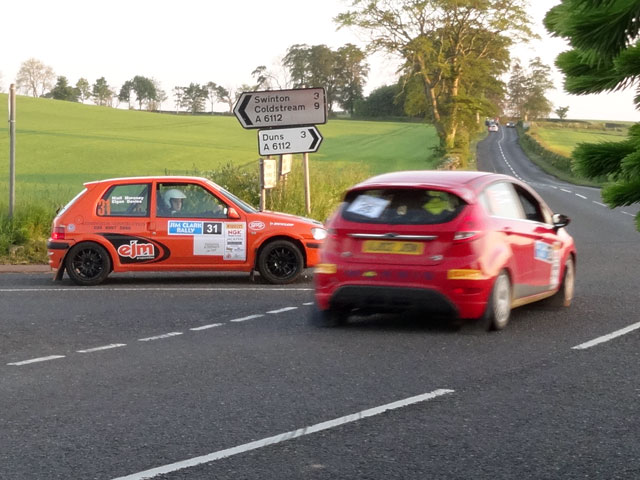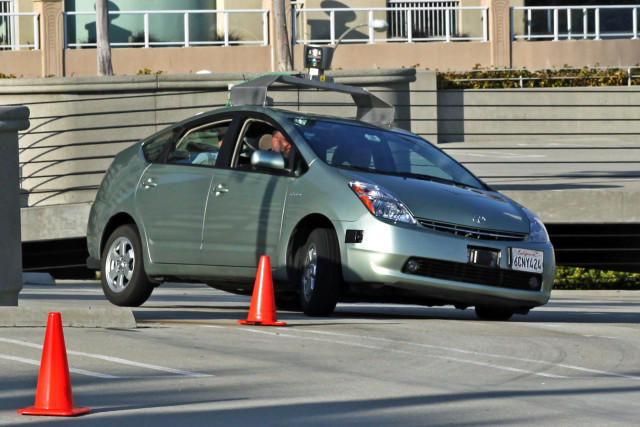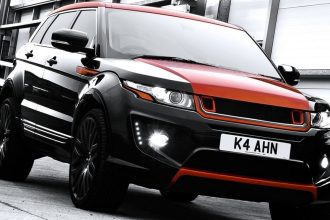Car-to-car communication may be the answer to the increasing road accidents that kill millions of people worldwide each year. In two years time, the world is going to experience a breakthrough in driving with the introduction of V2V technology.
General Motors has been in collaboration with the University of Michigan and the National Highway Traffic Safety Administration (NHTSA) to create a wireless technology that allows cars to talk with other cars.
Car-to-car communication, also called vehicle-to-vehicle communication or V2V, is a breakthrough technology in the auto industry, but the same principle has since been used in cargo shipping and airline industry.
However, in two years time, it is going to debut operation in an actual environment – on the main roads. GM had announced in September 2014 its plan to release a V2V-equipped Cadillac by 2017. This is not going to be a long wait anymore. GM has been working on the technology for the last ten years or so.
Currently, the collaborators are testing thousands of car in a simulated environment. Some 3,000 cars equipped with V2V have been tested on the roads of Ann Harbor in Michigan. The V2V enabled the cars to talk with each other by broadcasting their GPS location, speed and other relevant data to nearby units, thereby avoiding collision and accident.
GM is not the only automaker actively participating in the V2V research and implementation. According to Mike Shulman, technical leader at Ford Motor, other major carmakers are also sharing their ideas such as Audi, Ford, Honda, and Volkwagen to help standardize communication across various car brands.
Although a promising technology, Shulman reveals the possibility of roadblocks to the V2V. He cites the Federal Trade Commission’s comments to NHTSA, which centers on the privacy concerns among motorists once the V2V becomes a mandated system.
Shulman, however, assures the public that although the technology transmits data to other vehicles, it does not give out private data such as plate number, license number, driver’s name, and the like.
Debra Bezzina, senior project manager at University of Michigan, says the V2V system will be the foundation for automated or self-driving cars.






